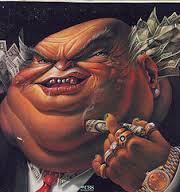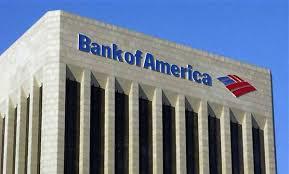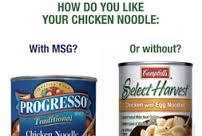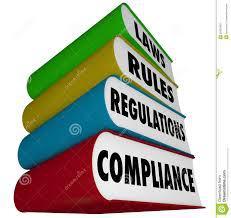When the future Gibbon chronicles America’s decline and fall, the war on business will feature prominently.

The left harps on the imperfections of markets; about those of government, not so much. And while in many places businesses do suck, mainly this reflects not free markets at all, but the opposite — crony capitalism and cartelization suborned by the state. Denunciations of the “evils of capitalism” often fail to see that it’s really government behavior behind them.
And here’s the bigger picture. Modernity has made us very rich, compared to past millennia, with people able to live far better lives. (Fools romanticize “the good old days.”) In the last century, worldwide average real dollar incomes multiplied five-fold. Where do you think all this wealth came from? Government? Socialism?
It came from businesses seeking profit by supplying us with desired goods and services. That’s what generates all the wealth and income to buy them with. The capitalist, market system. Hate it all you like, but you cannot live without it.*
Yet it seems we’re trying to kill this goose that lays our golden eggs.

Why then would they settle? Because to fight the government in such cases is suicidal even if you’re guiltless.*** Accounting firm Arthur Andersen did fight, and won vindication in the Supreme Court – a pyrrhic victory since by then the firm had been destroyed. This is why The Economist bluntly called all this an “extortion racket” – “the world’s most lucrative shakedown operation.”
I’ve always said that “unfettered capitalism” is a nonsense straw-man – just as individuals are subject to laws against harmful conduct, businesses should be too.

Meantime, corporations face extortion not only by government predators, but also lawyers in the class action litigation racket. I’ve written about this epic scandal too.
China has no rule of law because enforcement is totally at government’s arbitrary whim. Lately it’s been on a rampage against foreign-owned businesses and their personnel, with selective prosecutions for various ill-defined “offenses.” But America isn’t far behind, with metastasizing business regulations carrying criminal penalties (estimated at 300,000 in 1991; apparently no one has tried to count them since). Result: no company can fail to be guilty of something. So that prosecution is necessarily selective, which inherently corrupts it. Former Deputy Attorney General Larry Thompson said in 2011, “No matter how gold-plated your corporate compliance efforts, no matter how upstanding your workforce, no matter how hard one tries, large corporations today are walking targets for criminal liability.”

The Economist concluded by saying “the recent flood of actions against companies has . . . done serious harm, to America’s legal system and the rule of law.” And of course it also seriously harms our economy.
* And, much though you may curse “the corporations,” if you actually stop to ponder, you are actually quite pleased about 99% of what you buy from them.
** The Economist noted that the very first federal criminal conviction of a corporation, in 1909, a railroad, was “for the bizarre offense of cutting prices.”
*** And the payments come from the pockets of shareholders – not the executives who agree to them. The Economist also observes that it’s wrong to suppose government enforcers act disinterestedly for the public good. They have their own agendas – puffing up their egos and careers.
